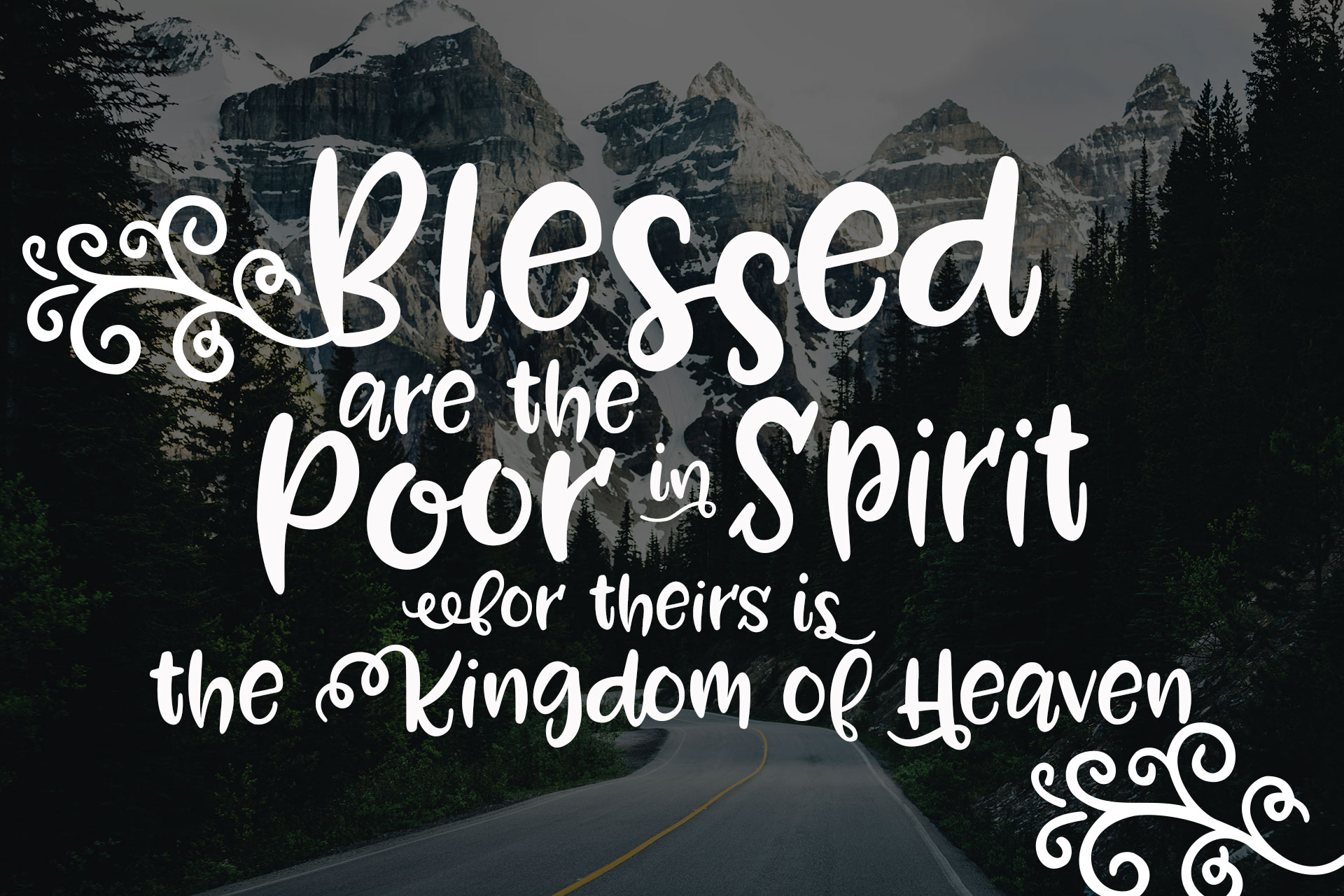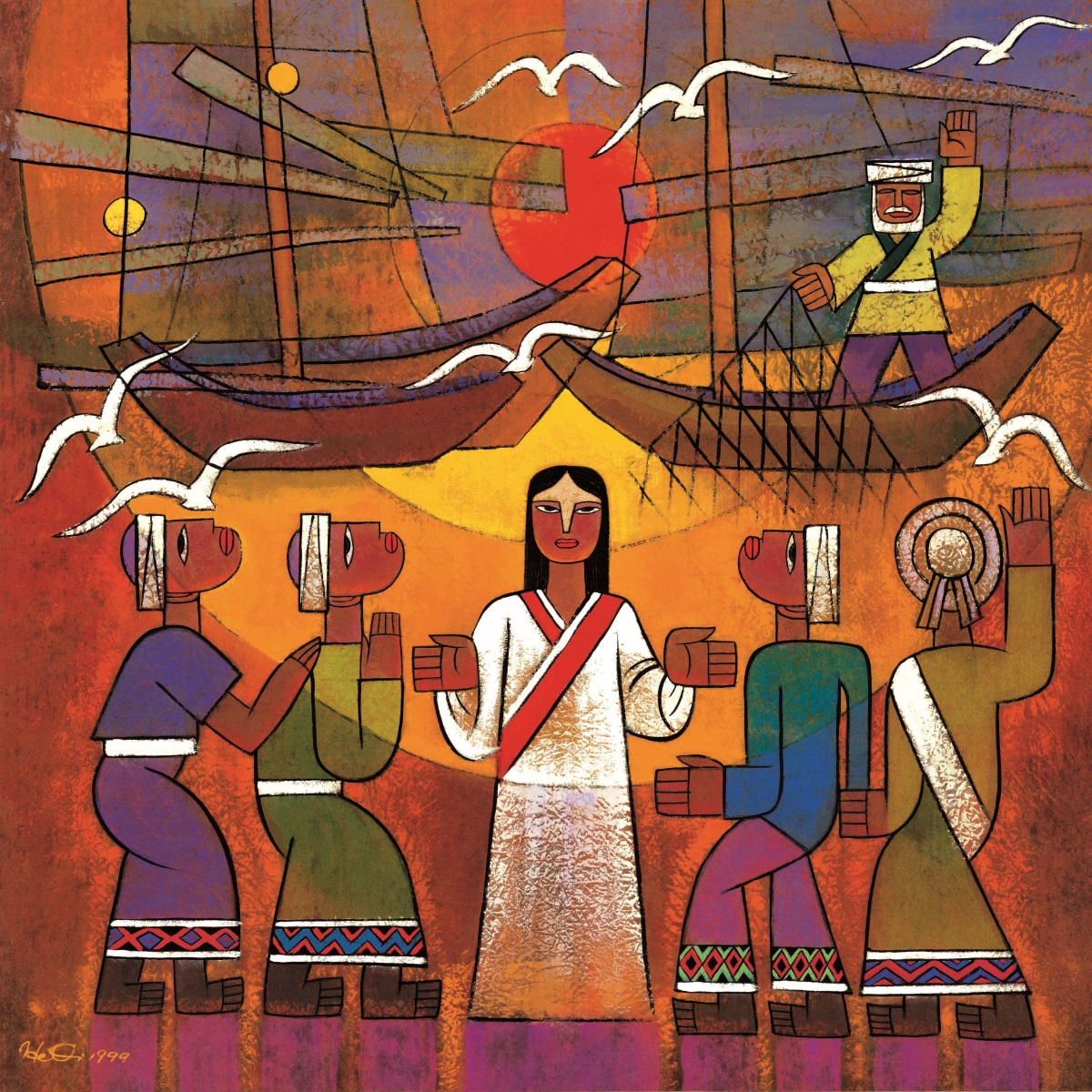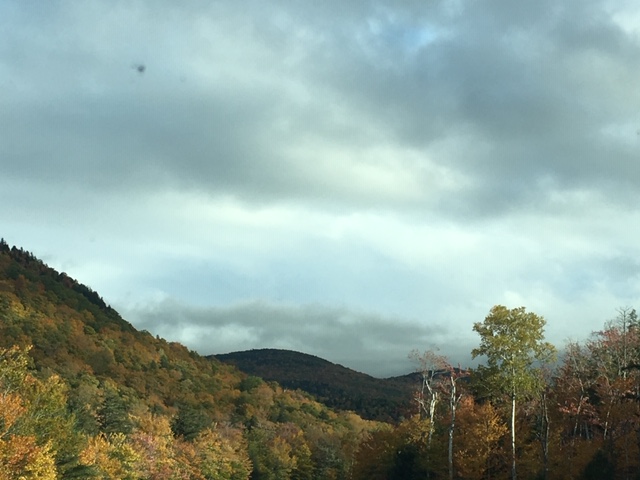Lenten Devotional – Thurs, Mar 4: MEEK
Meek: does this sound like a blessed condition? Matthew’s author used the Greek word praus. It might convey, as Brian Stoffregen writes, the “positive sense of ‘humble’ or ‘gentle’” or it might carry a more negative connotation such “‘humiliated’ … ‘walked on’ … ‘doormats’ … ‘powerless.’” In Hebrew scriptures, these people would be called anawim. […]




